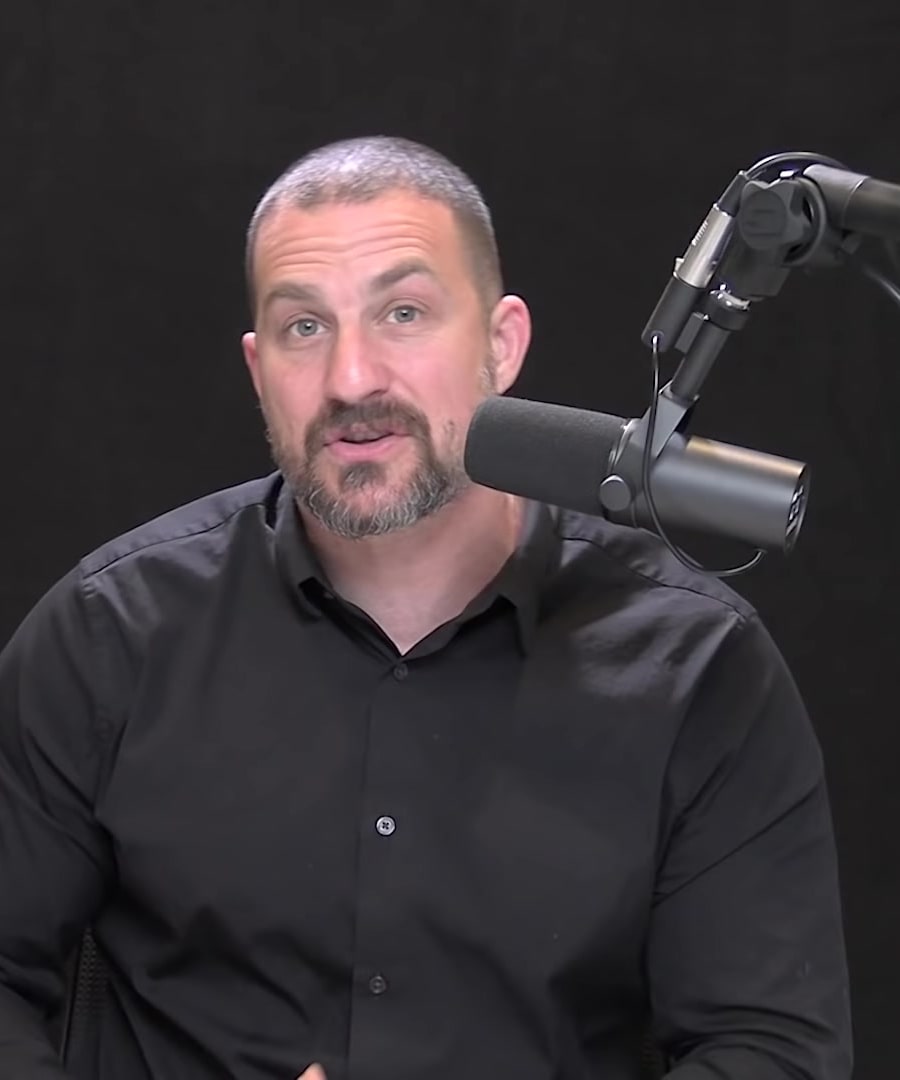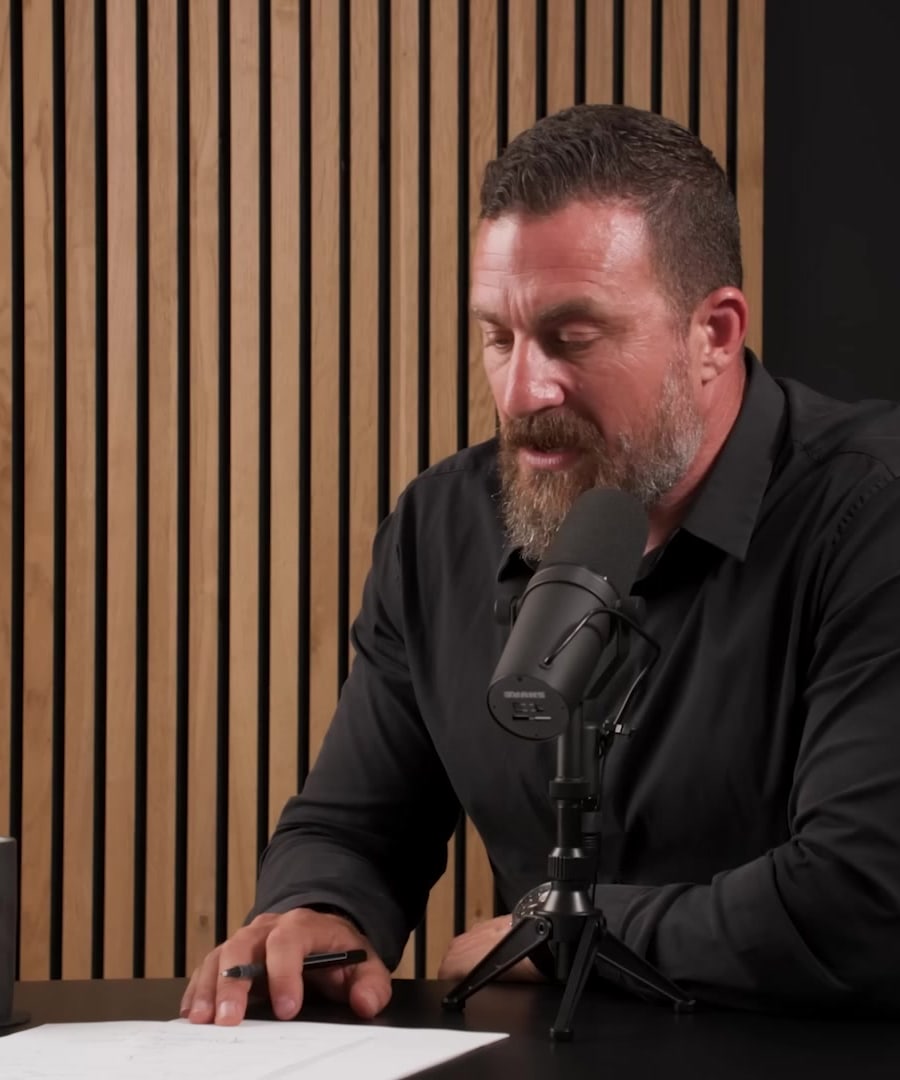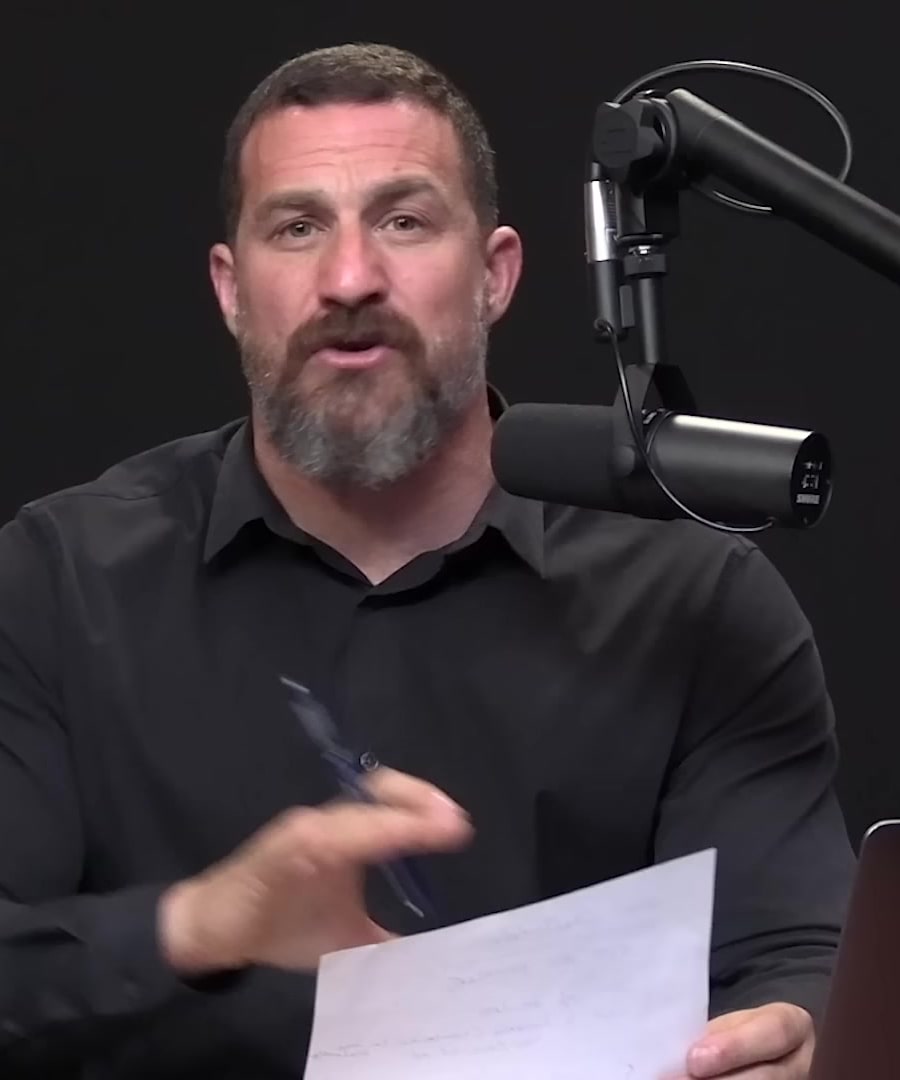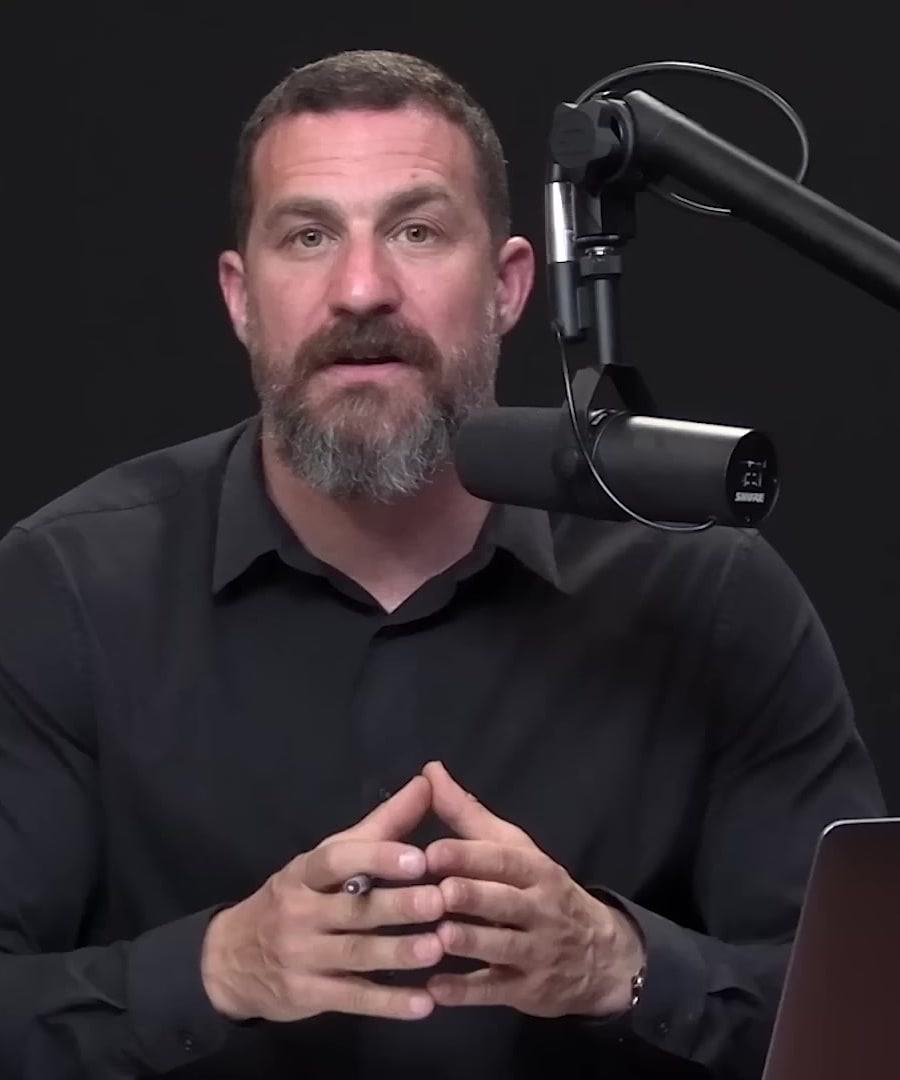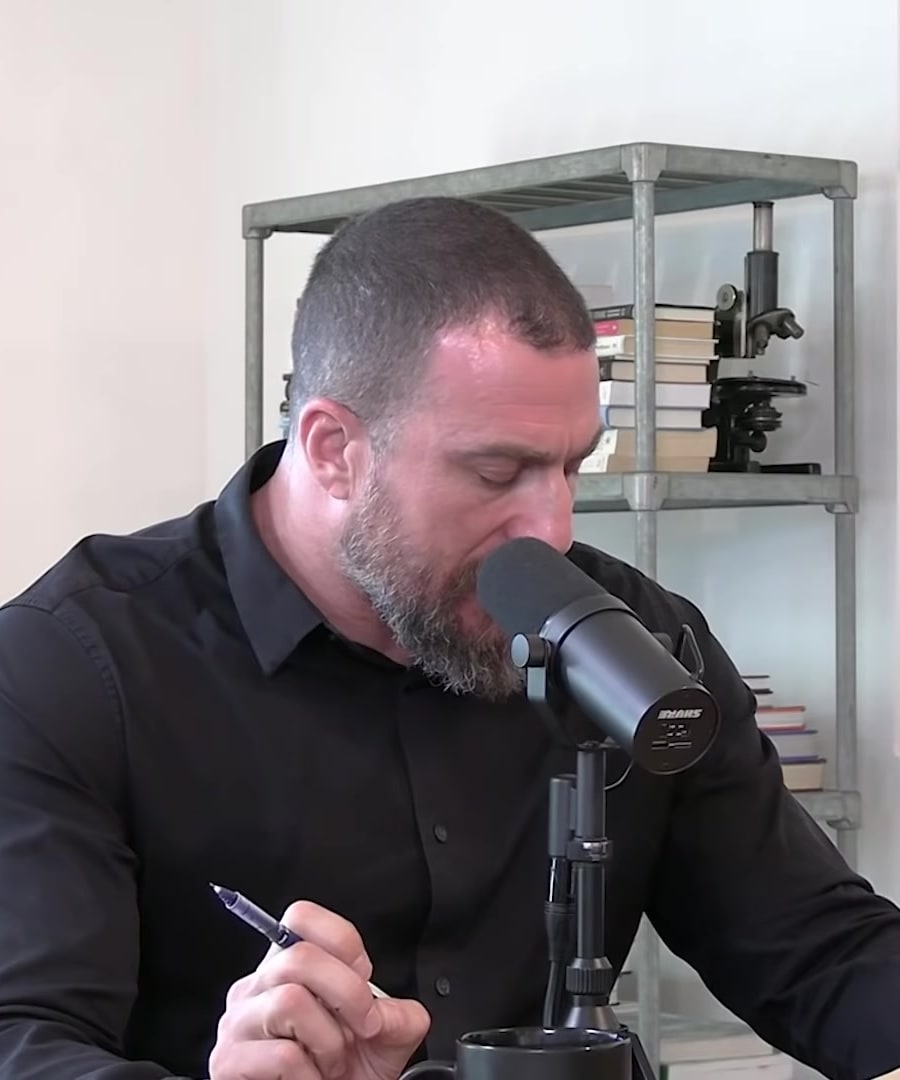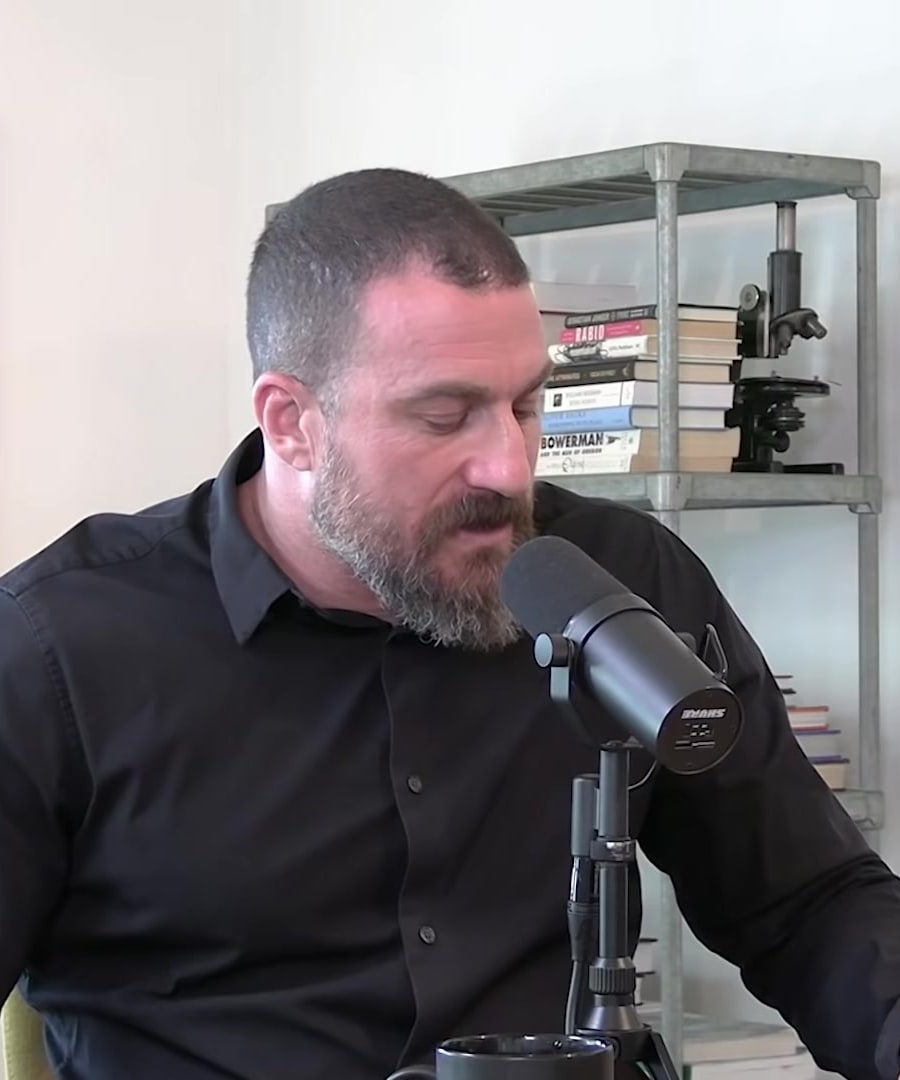Tell me about DHT
Sources:
Dihydrotestosterone (DHT) is a potent androgen that plays significant roles in the body, impacting hair growth, sexual function, and cardiovascular health.
-
Hair Growth and Loss:
- DHT is responsible for body and facial hair growth but can also lead to hair loss on the scalp by shortening the growth phase and miniaturizing hair follicles. This dual action stems from DHT binding differently depending on the location of receptors in the body 1.
- Drugs like finasteride and dutasteride reduce DHT levels by inhibiting the enzyme 5-alpha reductase, which converts testosterone to DHT. These drugs are used to manage hair loss but can lead to side effects like reduced libido and sexual dysfunction 2 3.
-
Clinical Use and Side Effects:
- Clinically, reducing DHT with drugs like finasteride shows a significant reduction in systemic DHT levels, by as much as 50% with low doses. This reduction is beneficial for hair growth but comes with a risk of side effects, prompting caution and often starting with the lowest effective dose 4.
- Alternative treatments like saw palmetto offer milder DHT inhibition with fewer side effects 5.
-
Genetic Influence:
- The pattern of DHT receptors is genetically determined and can impact whether an individual will experience male pattern baldness or robust beard growth. Genetic factors, particularly from the maternal side, play a crucial role in determining these traits 6.
-
Cardiovascular Health and Motivation:
- DHT is active in cardiovascular tissues and supports motivation and energy. Proper levels of DHT correlate with vitality, libido, and overall drive. However, excessive levels, especially in scenarios like bodybuilding, may lead to cardiac issues 7.
Understanding how DHT operates and is managed within the body can help individuals make informed decisions about hair loss treatments and their potential impacts on overall health.
-
Tell me about DHT
